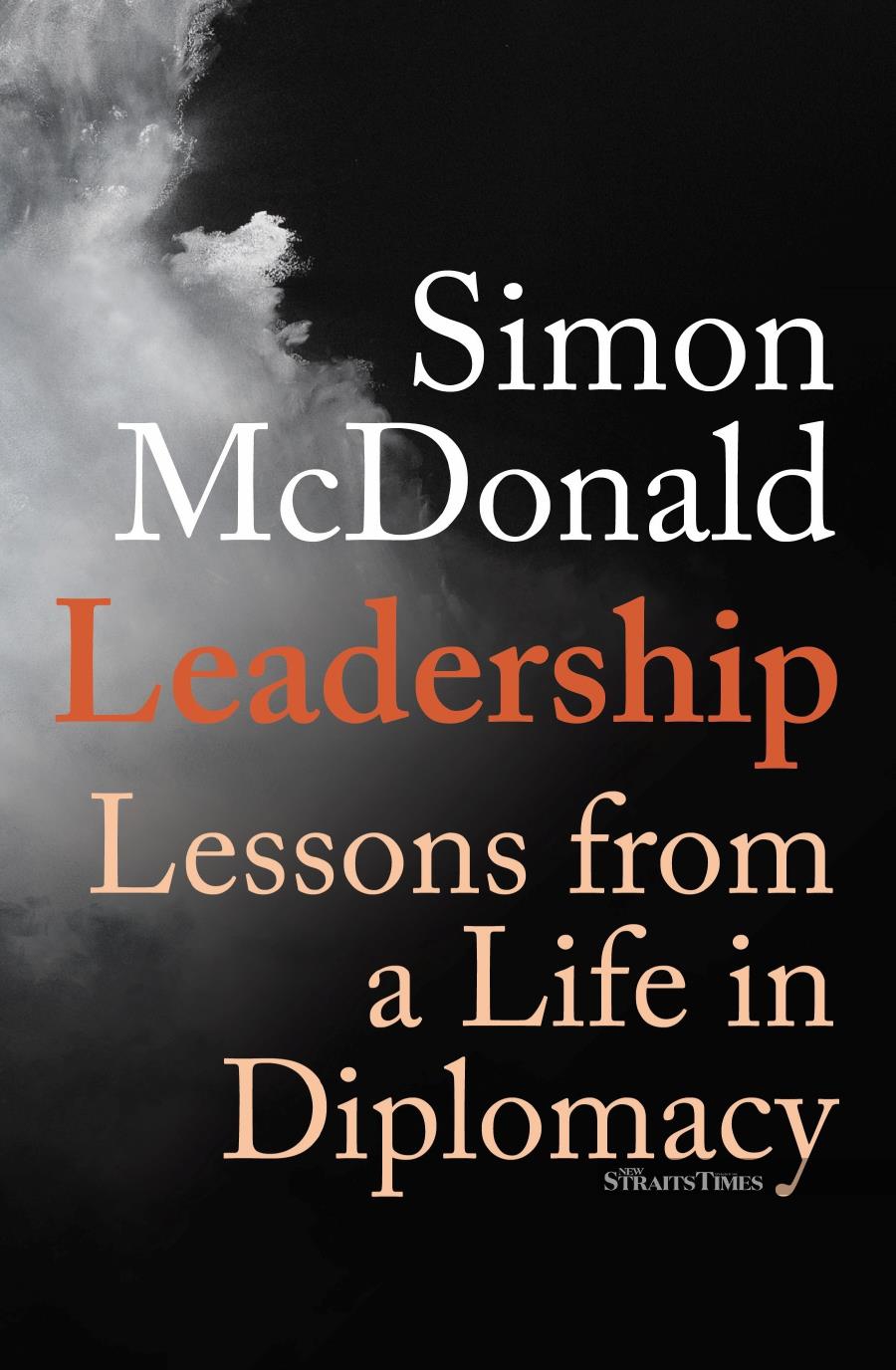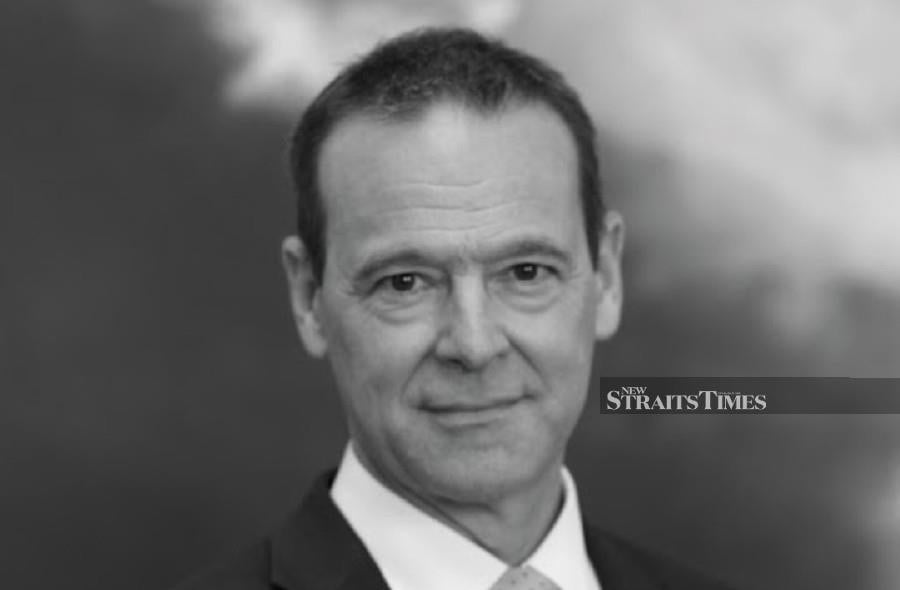"LEADERS should be mindful that one day, they will be out of the office (and thus think long-term and outside their limited sphere of personal benefit and interest). An example would be that before proposing any change to rules, they should ask themselves how they would feel if people who did NOT share their world view benefited from the change," says Lord Simon McDonald in Leadership: Lessons from a Life in Diplomacy.
We all operate in varying sized microcosms of leadership, public, corporate, personal/family, household etc. Leadership by veteran civil servant, McDonald provides useful insights for the benefit of all aspiring and current leaders, in all realms beyond the vertical hierarchy.
His observations on a variety of topics ranging from effective management approaches to memorable public-speaking tips; campaign tactics and effective deliverables and dealing with the difficult, narcissistic and dishonest, give not only useful guidance, but also points for reflection.
What sort of leader do you want to be now and how can that type be improved over time? That is the question. Moulding leadership qualities is paramount.
Leadership is written for effective and accessible understanding, with messages that stick and advice to put into practice. Just as one size does not fit all, leaders will have individual strengths. Nevertheless, there are shared qualities, such as reliability, curiosity and enabling persona — all qualities that inspire confidence in others.
QUALITY INSIGHTS AND CRITIQUES

Lord McDonald worked for nearly four decades in the British Diplomatic Service with a variety of experiences beyond its immediate parameters. He had worked under four permanent under-secretaries and a dozen senior ambassadors before becoming permanent under-secretary himself, and leading the service (which has over 14,000 staff in 270 countries worldwide) for five years.
He also worked directly for six foreign secretaries and five prime ministers. Observing these people undertaking the most important and often difficult work in the country, McDonald saw the behaviours that both helped and hindered the achievement of their objectives.
He then had the opportunity to apply these lessons, with varying degrees of success and compromise. He was the head of the Diplomatic Service and is currently Master of Christ's College, Cambridge.
Setting the British cultural lens aside, his insights are widely applicable and strengthened by a strong understanding of history. The pages are filled with quality insights and critiques on various geopolitical situations, including of the Cold War, Middle East, China, the North Atlantic Treaty Organisation (Nato), the European Community, Brexit, and various political crises.
He shares humorous and sometimes frightening insights on into the personalities involved in these diplomatic and political institutions. The writing is frank and at times poignant and refreshingly undiplomatic.
For those particularly interested in British politics, the closing chapter is a must-read. Opining on the future of leadership in the United Kingdom, Simon McDonald makes a compelling case for the reform of the monarchy, the cabinet, civil service and the House of Lords, of which he has been a member since 2021.
UNDERSTANDING LEADERSHIP
McDonald effectively analyses his lived experiences in some of the most powerful institutions in the world to provide resonating insights. His suggestion, for example, to keep project groups small so that there is accountability. This is relevant for government ministers planning large projects, and also to a parent or school head delegating tasks.
In bridging the gap between leaders of nations and leaders in our personal lives, McDonald changes our understanding of leadership. He makes us think of leaders beyond the male-dominated leadership, to include matriarchs, and varied places, including at work and in our homes, in addition to our community leaders.
McDonald observes: "(Who) you choose as your guide has consequences later." Adding a personal observation, I would rephrase it as "always review the advice and action of who you choose as a mentor and guide. Leaders cannot afford to follow blindly".
A timely publication with flexible application covering quality points for effective leadership consideration, reflection and adaptation, locally and transnationally.
Leadership: Lessons from a Life in Diplomacy
By: Simon McDonald
Pages: 224
Published by: Haus Publishing
Shalini Ganendra is currently a Chevening Fellow at the Oxford Centre for Islamic Studies (2022-2023) and Visiting Fellow/Associate Academic of the History of Art Dept., Oxford University. With three decades of experience in cultural entrepreneurship and scholarship, she appreciates that Lord Simon McDonald's observations are applicable to success in all fields, with cultural adaptation.





